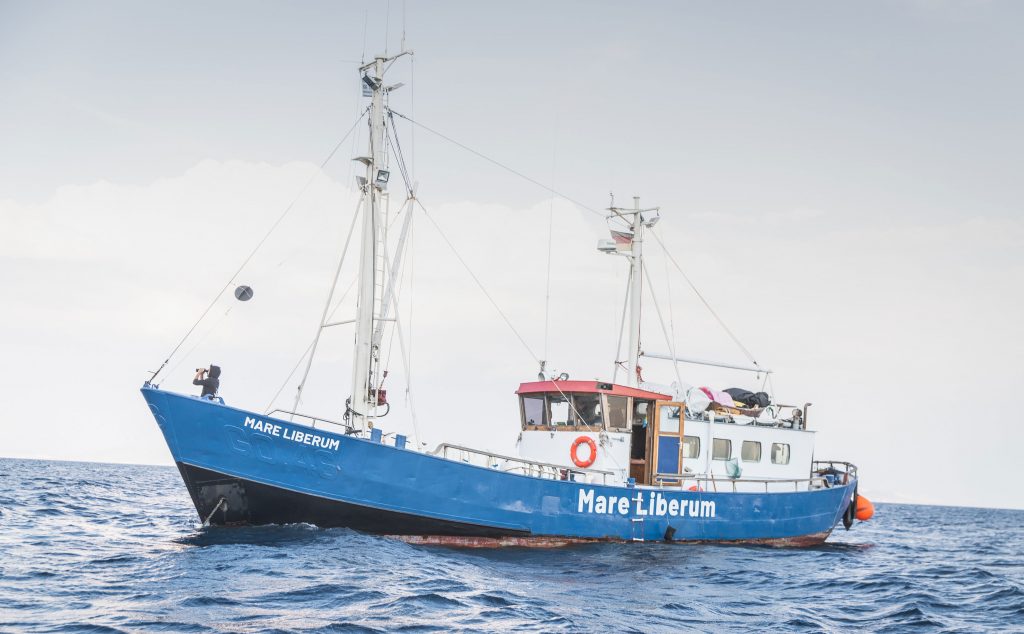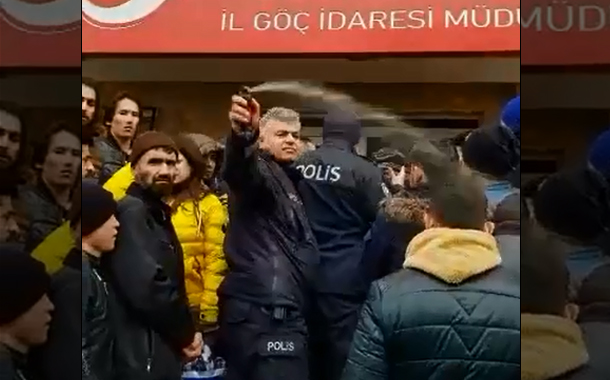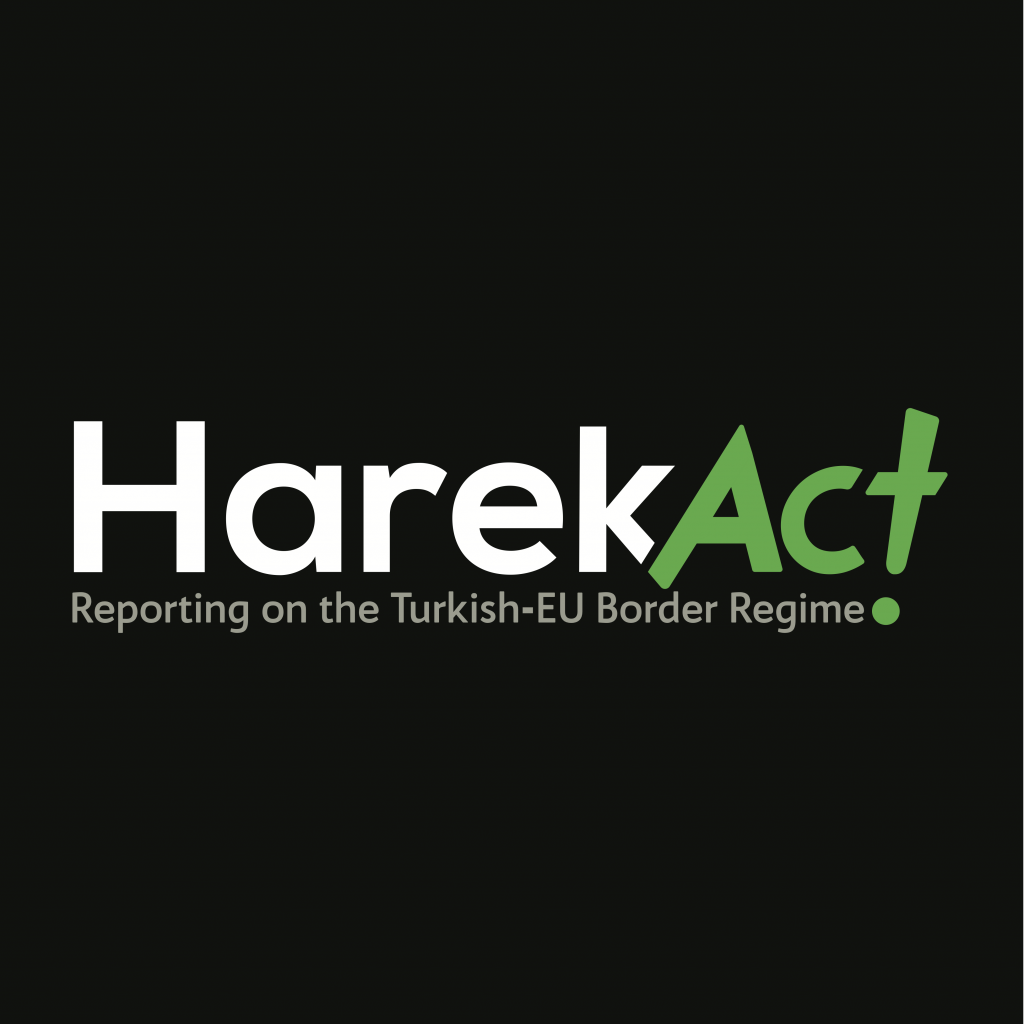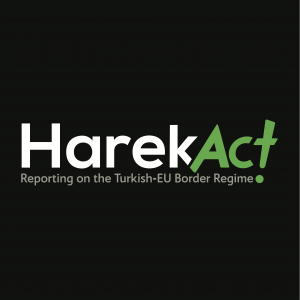17th – 24th April 2019

Mare Liberum to set sail again | Refoulement at Turkish-Greek border | Case against Greece at European Court of Human Rights | Threat of deportation from Bulgaria to Turkey
News&Reports
Mare Liberum ready to set sail again
In a blog post, the crew of the human rights monitoring project Mare Liberum look back at one year of presence in the Aegean Sea, between Turkey to Greece. The project was launched in early 2018 with the mission to “observe, document and draw public attention to the dangerous situation at the European border”. Although Greek authorities were eager to criminalize the project from the very beginning, the Mare Liberum crew managed to set sail in late August 2018. In its post, the crew offers an overview over its activities during the past year. Criticizing the negative effects of the EU-Turkey deal, they state:
Continue reading HarekAct’s Weekly Digest 24/04/2019





